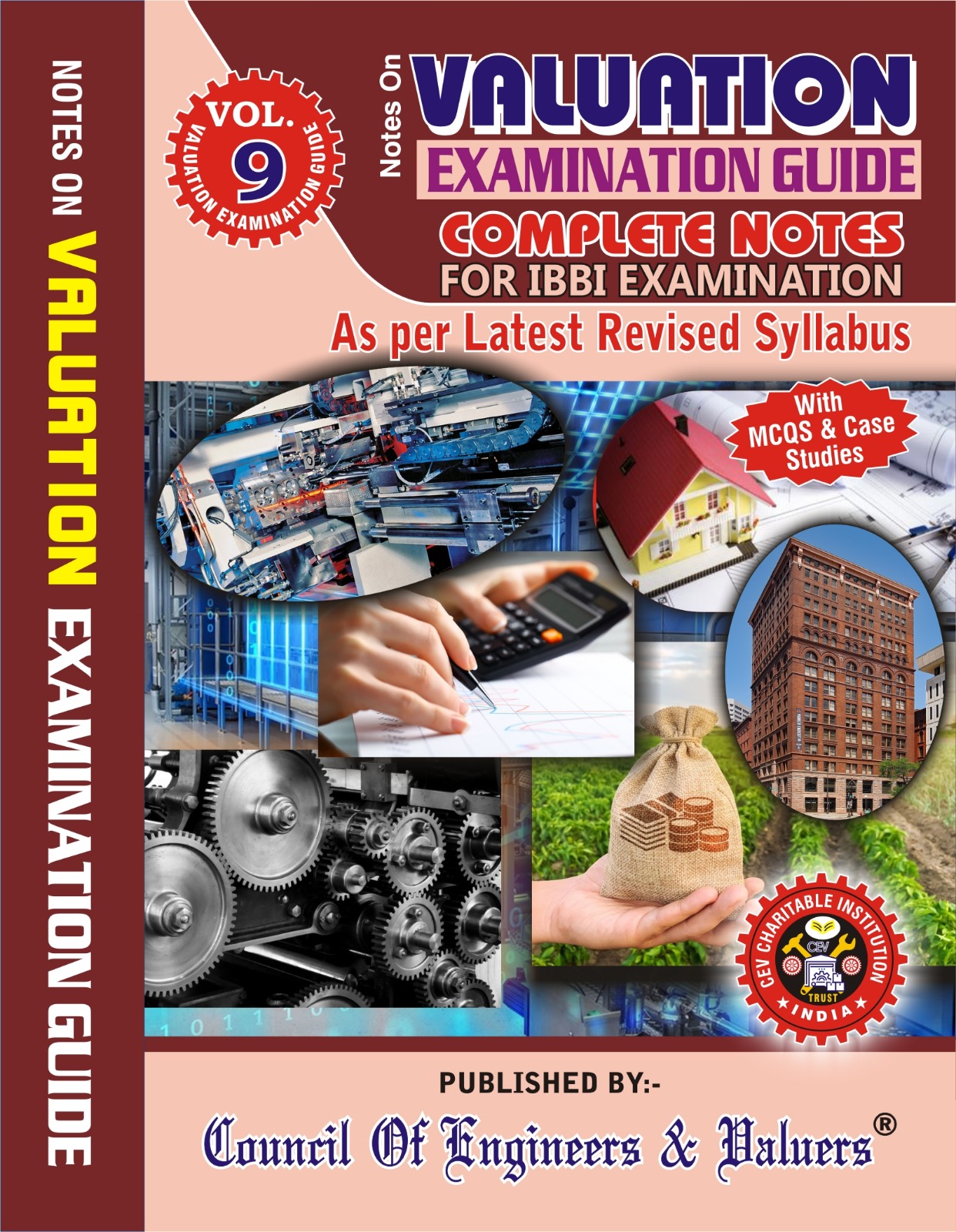HIBA AS PER MUSLIM LAW
Saturday Brain Storming Thought (280) 21/06/2025
In Muslim Law, Hiba, also known as a gift, is a voluntary and unconditional transfer of property from one person to another, without any expectation of a return
It is a legal concept deeply rooted in Islamic Jurisprudence, emphasizing the importance of generosity and the immediate transfer of ownership
Definition of Hiba
1) Hiba is the transfer of ownership of property from a donor (the person making a gift) to a donee (the recipient)
2) The transfer must be immediate and unconditional, meaning it cannot be contingent on future events or require anything in return from the donee
3) The donor must have legal capacity to make the gift, and the donee must be capable of receiving it
Essentials of Valid Hiba
1) Declaration
The donor must clearly and unequivocally express their intention to make a gift
2) Acceptance
The donee (or their representative) must accept the gift
3) Delivery of Possession
The donor must transfer the possession of the gifted property to donee
Types of Hiba
2) Hiba-bil-Iwaz
A gift with consideration or exchange
The donor gives something and receives something of approximately equal value in return
2) Hiba-ba- Sharat-ul-Iwaz
A gift made with a condition of receiving something in return
If the condition is not fulfilled, the gift may be revoked
Revocation of Hiba
1) A gift can be revoked before the delivery of possession, but generally, not after
2) Revocation can be done by the donor without requiring a court order
3) The rules regarding revocation can vary depending on the specific circumstances and the type of Hiba
Distinction of Hiba from other gifts
1) Hiba differs from will, which take effect after death
2) It also differs from other forms of gifts in its emphasis on immediate transfer and the absence of consideration
Importance of Hiba
1) Hiba is encouraged in Islam as a means of fostering love and goodwill among people
2) It plays a significant role in Islamic Personal Law, particularly in inheritance and property mattere
3) In essence, Hiba is a fundamental concept in Muslim Law, representing a voluntary transfer of property with intention of promoting generosity and strengthening social bonds
Hiba and Ariyah
When the gift involves the entire property, it is referred as Hiba
While a gift of only the property’s usufrucrs is called as Ariyah
Essentials for valid transfer of property by way of Hiba
1) Parties to a gift
2) Subject matter of a gift
3) Extent of the gift
4) Mode of transfer of the gift
Parties to a gift
1) At the time of making a valid transfer of gift, two parties are involved
2) Doner express willingness to transfer the property
3) Donee gives consent to accept gif from donor
Essentials of Donor in Hiba
1) The donor of the gift must be a Muslim
2) A Hiba can only be made by a Muslim
3) Donor must be major
4) Person becomes major after 18 years age as per Indian Majority Act, 1875
5) If a minor is under the guardianship of the Courts of Wards, they will reach the age of majority upon reaching 21 years of age
6) The Donors consent must be given freely
7) Idf donors consent is obtained through force, coercion or undue influence, the gift transaction will not have legal enforcement
8) It is necessary that the donor be of a sane mind at the time of making the gift
9) If the gift is made by a person of unsound mind, it is considered as invalid gift
10) The donor must have ownership of the property they intend to give as a gift
11) A pardanashin Muslim lady is also capable of being a competent done
12) An insolvent person is also capable of making a valid gift
13) The donor should have a true and real intent to give the gift and it should not be done to defraud the creditors
14) If a gift made by the donor in an ambiguous manner, it is null and void
Hibanama
If the declaration and acceptance of the gift are made in written form by way of a gift deed, under Mohammedan Law, it is called a Hibanama
Essentials of Donee in Hiba
1) Religion does not restrict the acceptance of a gift made by a Muslim
2) The Donee can belong to any religion, Muslim or Non-Muslim
3) Age is not a barrier for a donee – may be major or minor
4) If a donee is a minor, it must include the delivery of possession to the father or guardian of the minor
5) The gift cannot be made in favour of an unborn child
6) A gift of future usufrucrs (the right to use and enjoy the property) to an unborn person is valid as long as the donee is born and exists when the interest becomes effective
7) A gift can be made in favour of a minor child
8) For a religious entity, the transfer of property can also be made, ie, a mosque or other institution, for this purpose, they are considered both juristic persons and competent donee
9) If there are multiple donees, each must accept the gift individually and separately
Subject matter of gift in Hiba
1) Anything over which property rights can be exercised
2) Any property that can be taken into possession
3) Anything that exists as a separate entity or as an enforceable right
4) Anything that falls under the definition of Mal
5) The property must exist at the time of the gift
6) Any gift of something to be created in future is considered void
7) The donor must possess the subject matter of the gift
8) If the gift is made by a trespasser and the donee does not gain possession, the gift is regarded as void
Meaning of Mal as per Arabic
Mal refers to anything that one can acquire and possess, whether it is tangible (such as gold, silver, animals and plants) or involves the use and enjoyment of something (like using vehicles, wearing clothes or living in houses)
Requisites of a valid gift for Hiba
1) It must fulfill the rules laid down under the Mohammedan Law for making a valid gift
2) The presence of the donor and donee, their ability to make and accept and the existence of a valid subject matter of the gift will not have the effect on valid gift
3) It is important that certain formalities and tests of validity of a gift transaction are satisfied
Declaration of gift by Donor
1) To make a valid gift, it is necessary that there be a clear and unambiguous intention of the donor to make a gift
2) The alleged gift is considered void
3) The declaration of the gift must be made voluntarily
4) The donor must give free consent before making a gift
5) If the declaration of the gift has been made under coercion, fraud, misrepresentation or undue influence, such a gift will be considered as void gift
Acceptance of a gift
1) A gift is a bilateral transaction
2) For a valid gift, it is necessary that it is accepted by the donee
3) Acceptance signifies the intention of the donee to take the property and become its owner
4) Without acceptance, a gift is not complete
5) Under Mohammedan Law, acceptance of a gift on behalf of a minor or a person of unsound mind can be given by the guardian of his property
6) In case the gift of a donee is a group of perdons, all the persons constituting that group must be ascertainable
7) A gift made in favour of two or more donnes must be accepted by all of them separately
8) If the share of each donee is clearly defined, the donor need not separate or divide these shares and give possession to each of them
9) In such cases, the donees take the property as a tenant-in-common
Delivery of Possession
1) The declaration of a gift and it’s acceptance must be followed by the delivery of actual possession
2) Under Mohammedan Law, a gift is complete only after the delivery of possession
3) The gift comes into effect on the date on which possession of the property is delivered to donee, not on the date on which declaration was made
4) Mohammedan Law does not recognise the transfer of ownership rights ftom donor to donee until the delivery of possession of the property takes place
5) The donor must completely divest himself of not only ownership but also possession in favour of donee to complete the gift
6) The mode of delivery of possession is dependent upon the nature of the property gifted
7) The mode of delivery of possession of the property can be either actual or constructive
Actual Delivery of Possession
1) The gift that is being made is physically transferred to donee
2) Actual delivery of the possession is possible when the gift that is being transferred is of a tangible natire
3) Actual delivery can be done in the case of only movable goods
Constructive delivery of possession
1) The transfer of immovable and intangible property is not possible so it is just a symbolic transfer of property
2) Immovable property like a house, donors can hand over the keys and property related documents to the donee
3) As donors cannot pick up the house and hand it over to the donee, so, in this case, the delivery made is constructive in nature
When delivery of possession is not an essential as per Mohammedan Law
1) Donor and Donee living in the same property
2) Gift by the spouses to each other
3) Gift by one co-sharer to another
4) Part delivery of gift
5) Zamindari villages – the gift can come into effect by mutation of names and transfer of rents and incomes
6) Gift of the property already in possession of donee
Hiba according to Hedaya
Hiba is an unconditional and immediate transfer of ownership in an existing property made without any consideration
Hiba according to Ameer Ali
Hiba is a voluntary gift of property from one person to another without any consideration, resulting in the donee becoming the proprietor of the gifted property
Hiba according to Mulla
Hiba is an immediate and unconditional transfer of property from one person to another, and the gift can be accepted by the donee or on behalf of the donee
Hiba according to Fyzee
Hiba is the immediate and unqualified transfer of the ownership of the property without any expectation of return
Who can challenge a Hiba
1) A stranger cannot challenge the validity of a gift on the ground that the gift is bad as no delivery of possession has been made
2) A gift on this ground can be challenged only when the issue is raised between the donor or those claiming under him on one side and done and those claiming under him on other
Conditional or Contingent Hiba
1) The contingent or conditional gifts are those which are made dependent for their operation upon the occurrence of a contingency
2) A contingency is a possibility, a chance, an event which may or may not happen
3) In Muslim Law, contingent or conditional gifts are void
4) In Muslim Law, a gift is not rendrred invalid, by involving an invalid condition
5) Hanafi law clearly lays down that in such a case the gift is valid and the condition is valid
History about Hiba
1) Under Muslim Law, the concept of Gift developed much during the period 610 AD to 650 AD
2) In general, Muslim Law draws no distinction between real and personal property
COMPILED BY:-

Er. Avinash Kulkarni
9822011051
Chartered Engineer, Govt Regd Valuer, IBBI Regd Valuer



